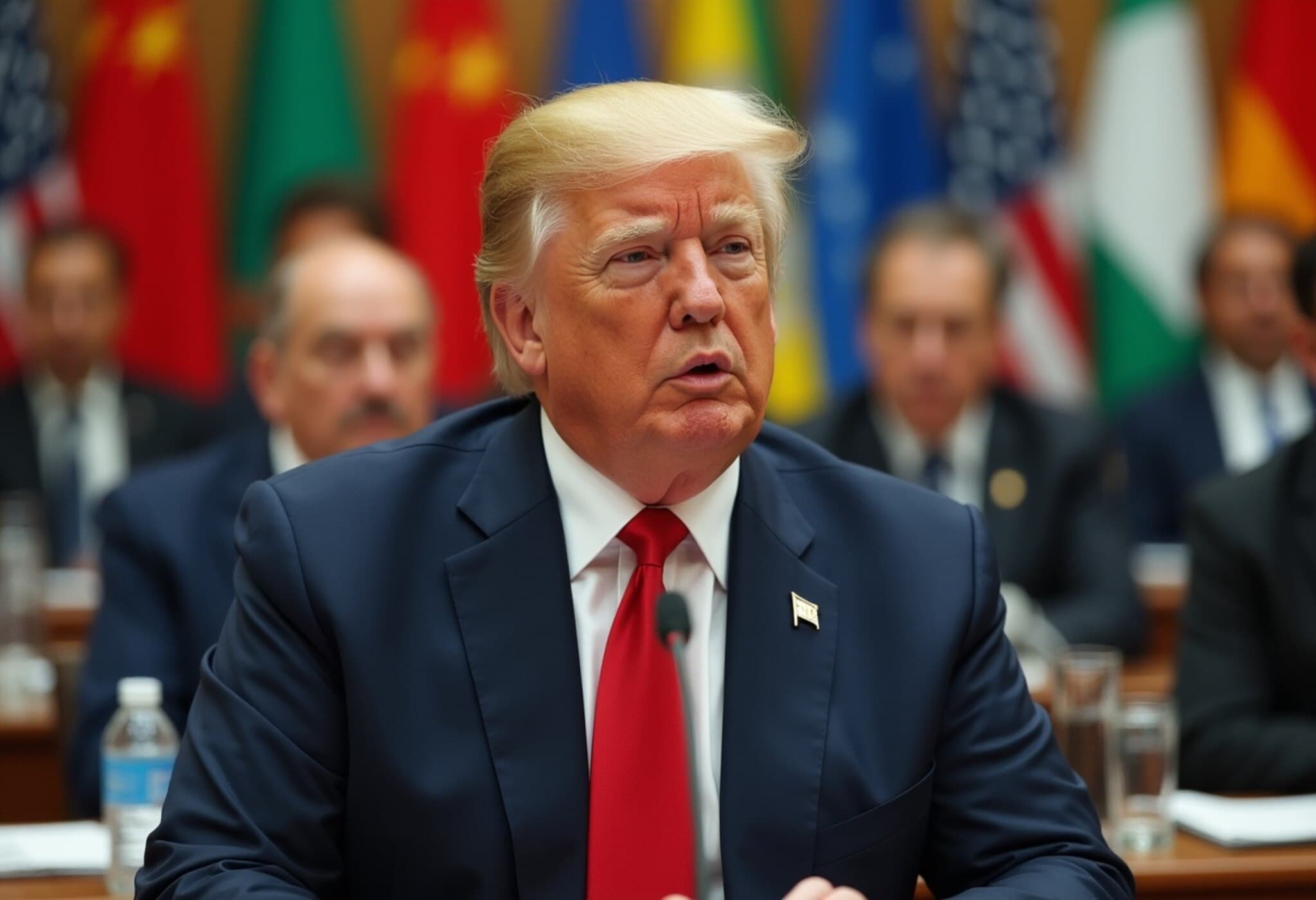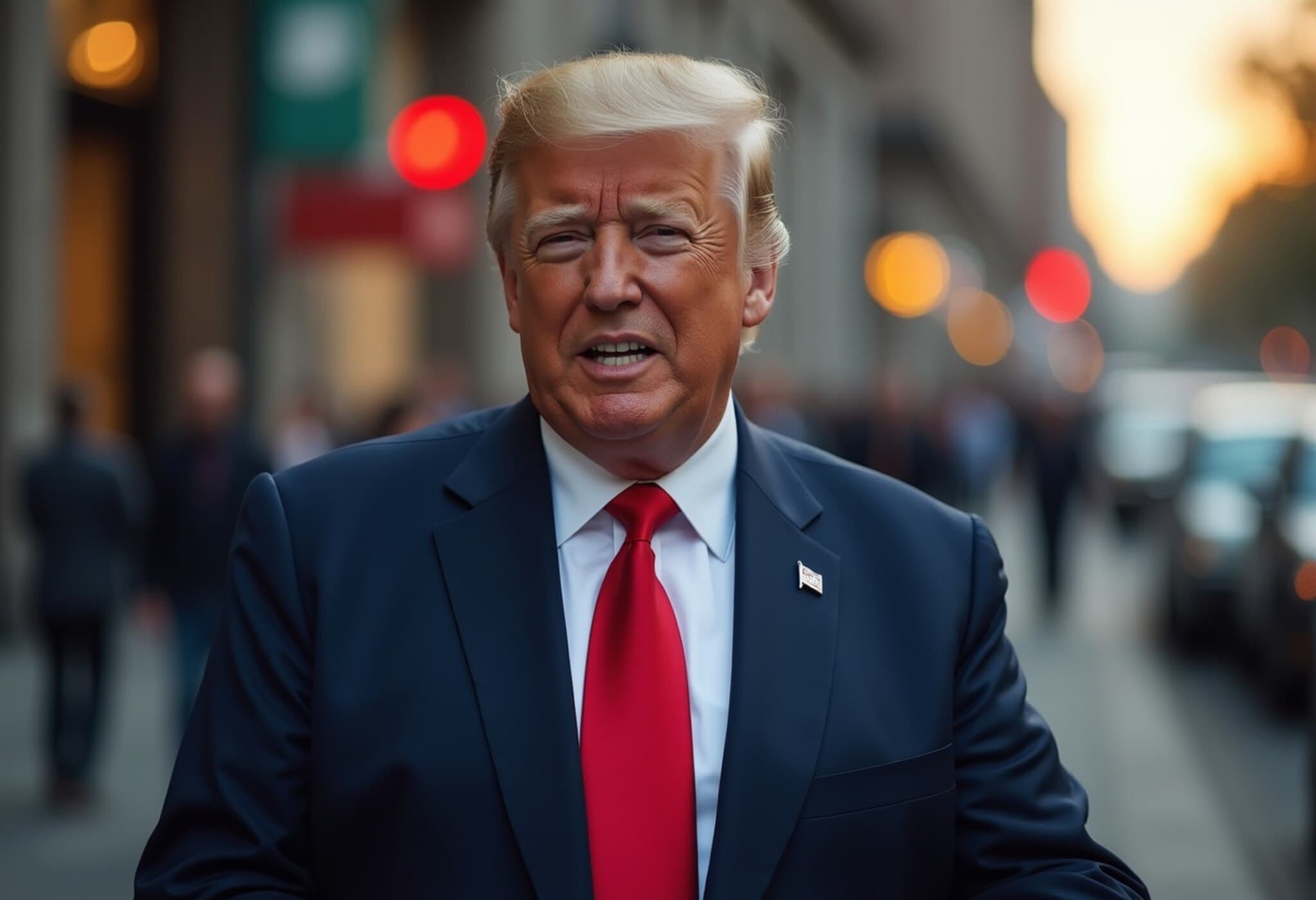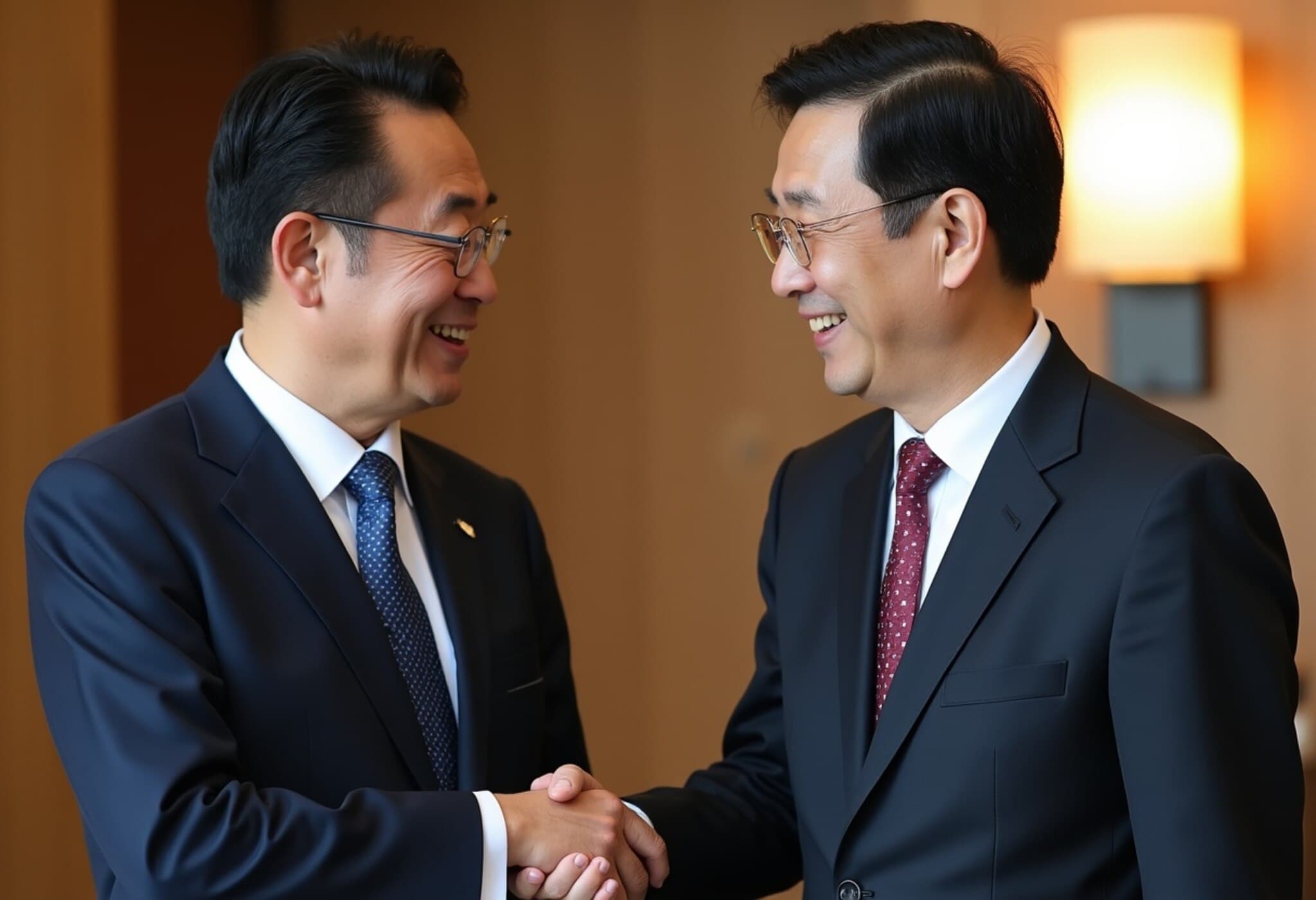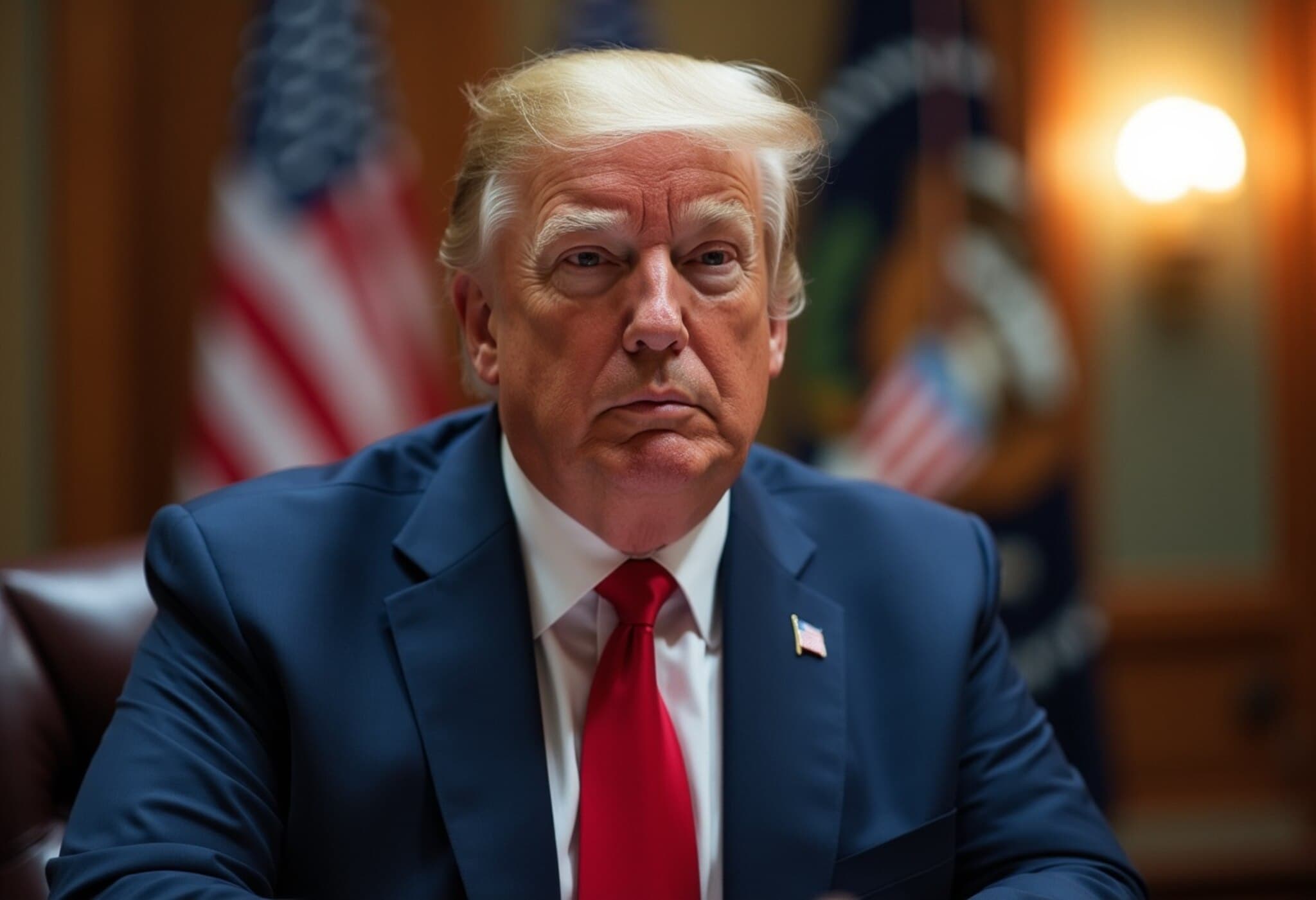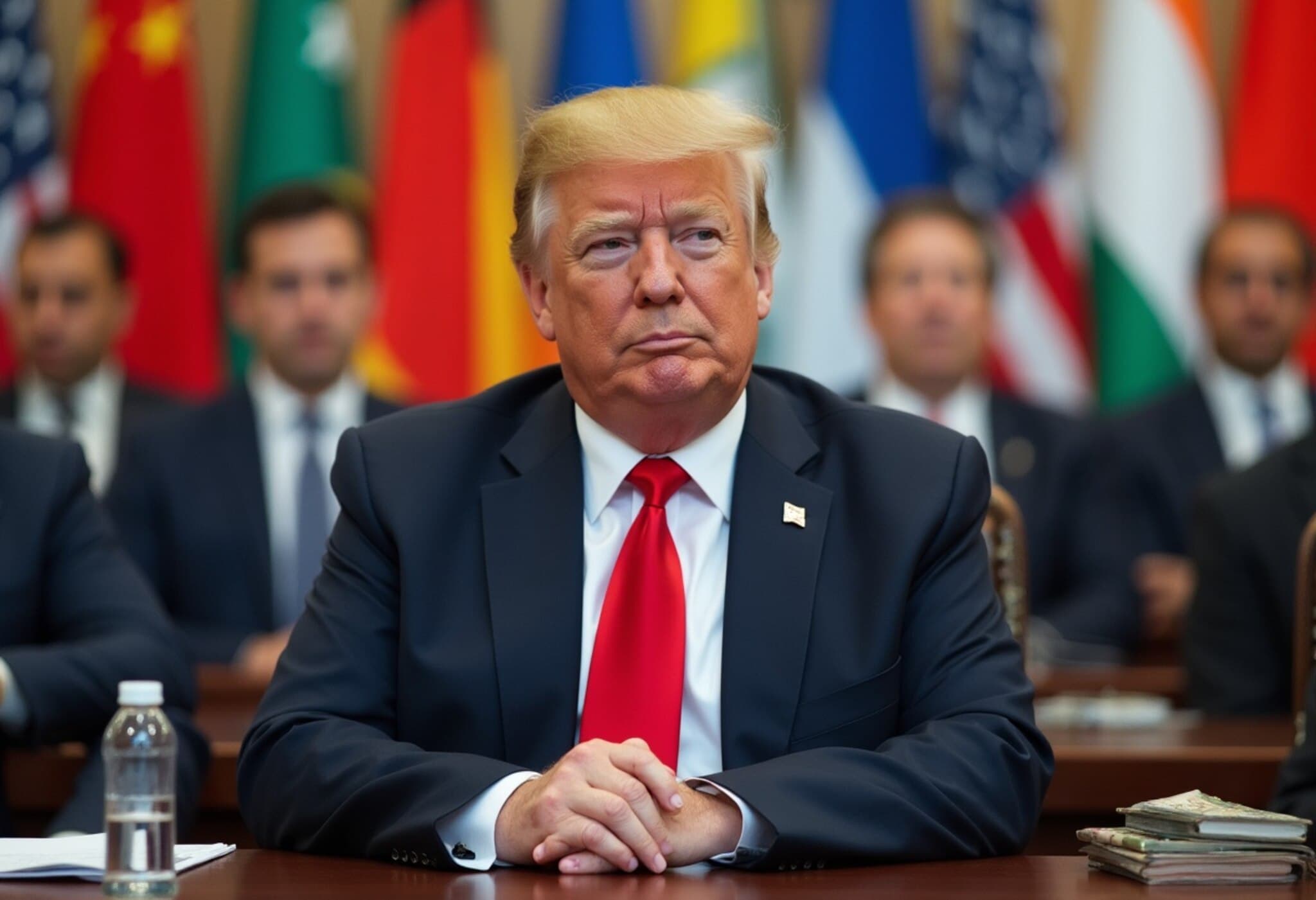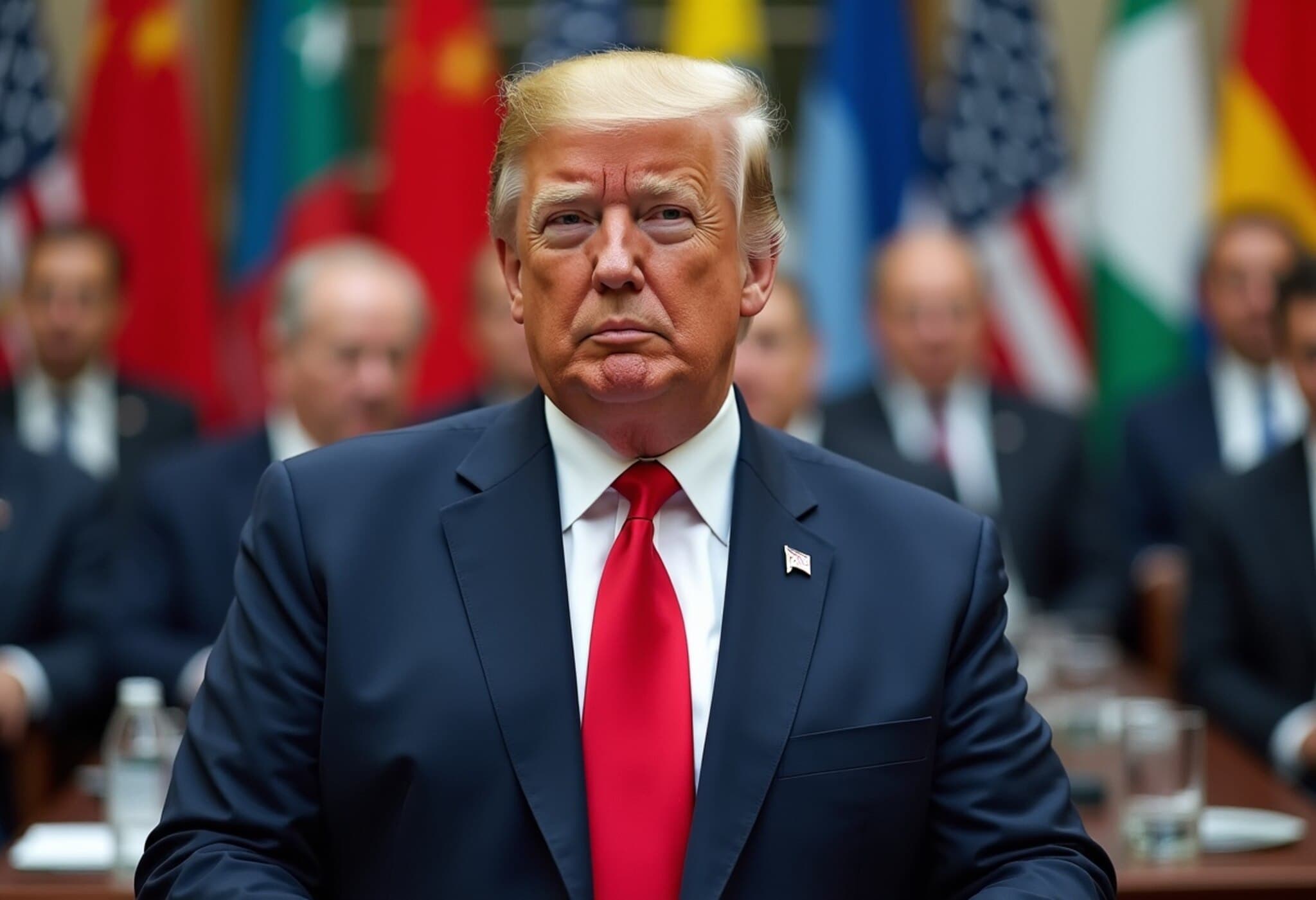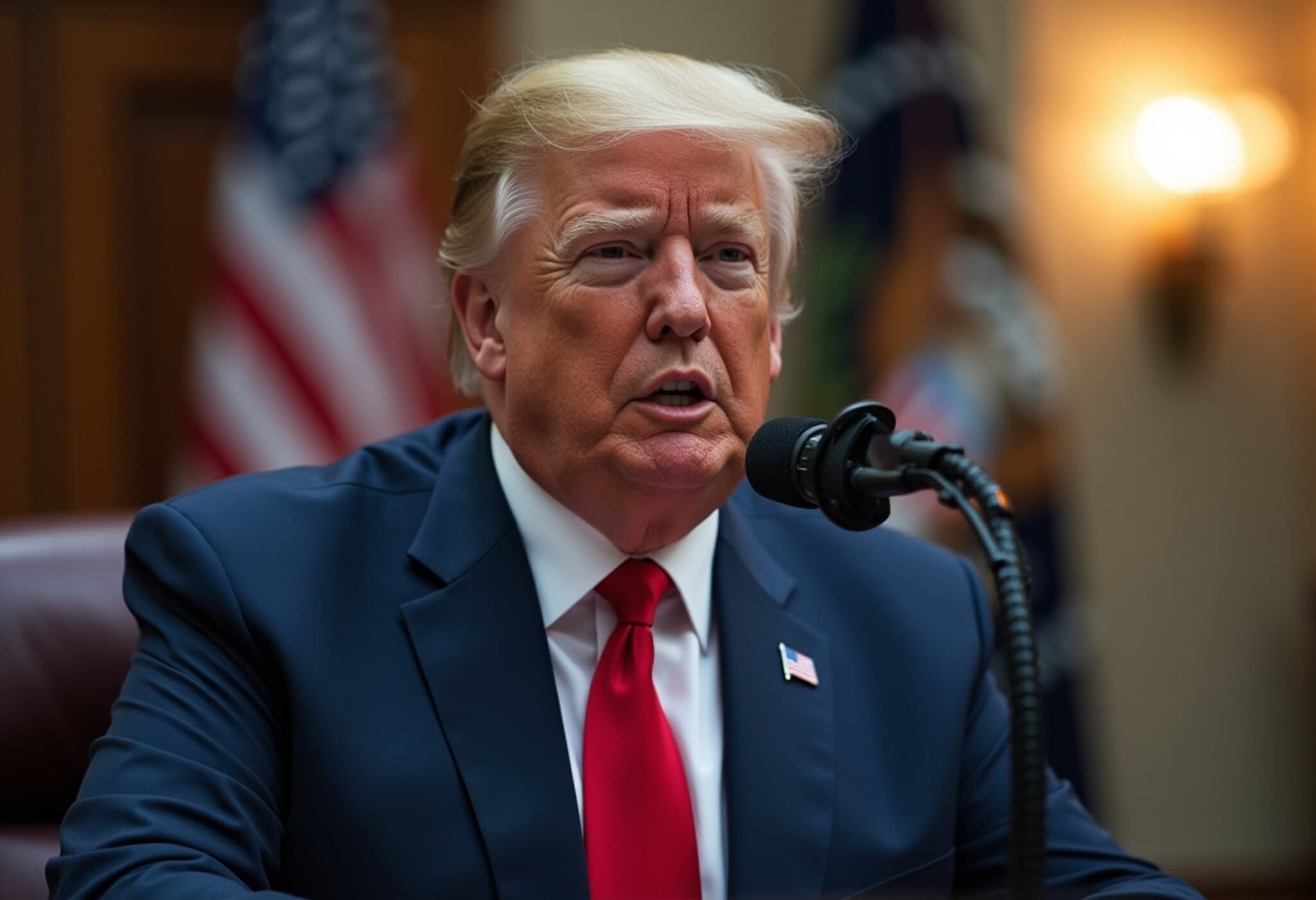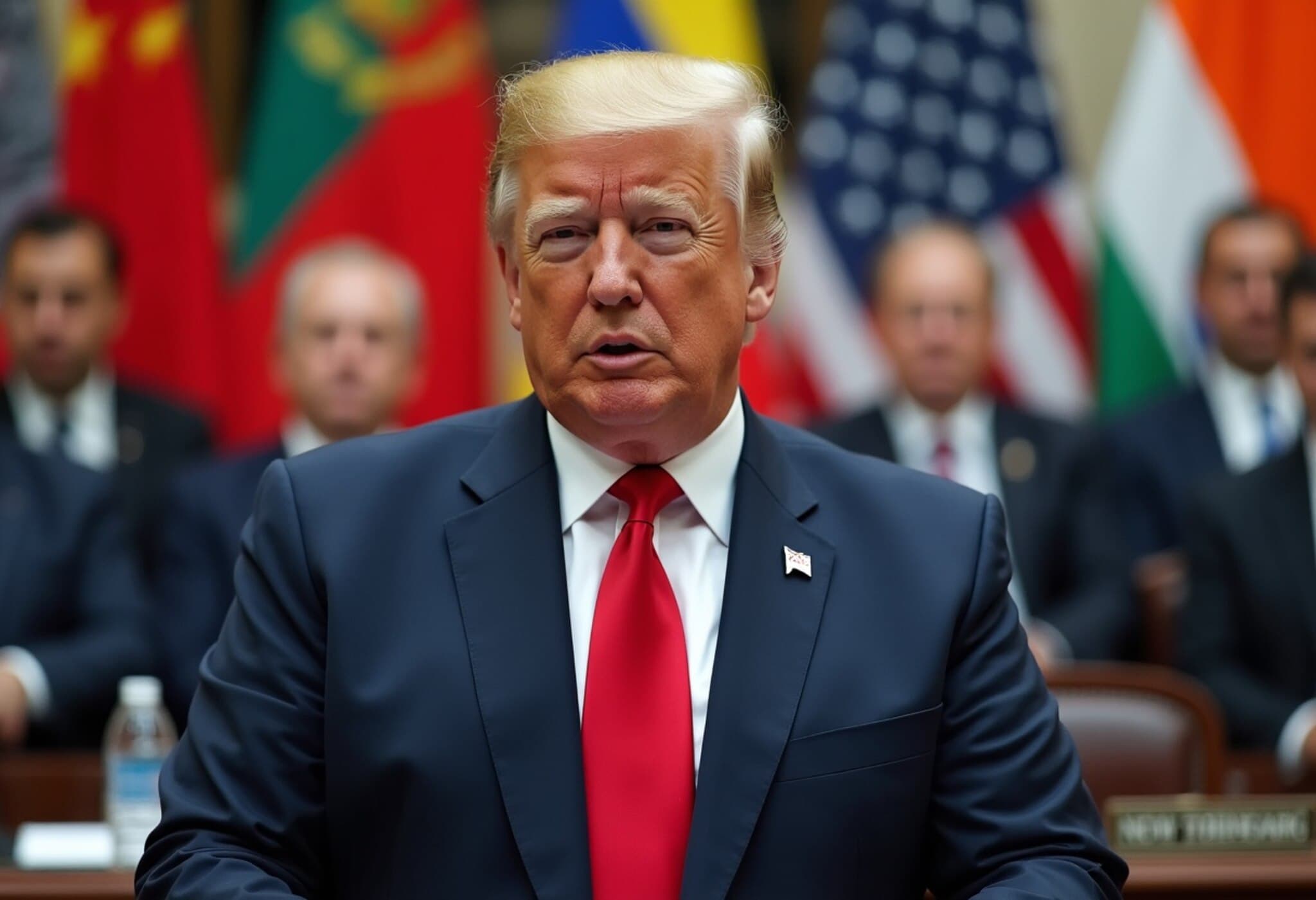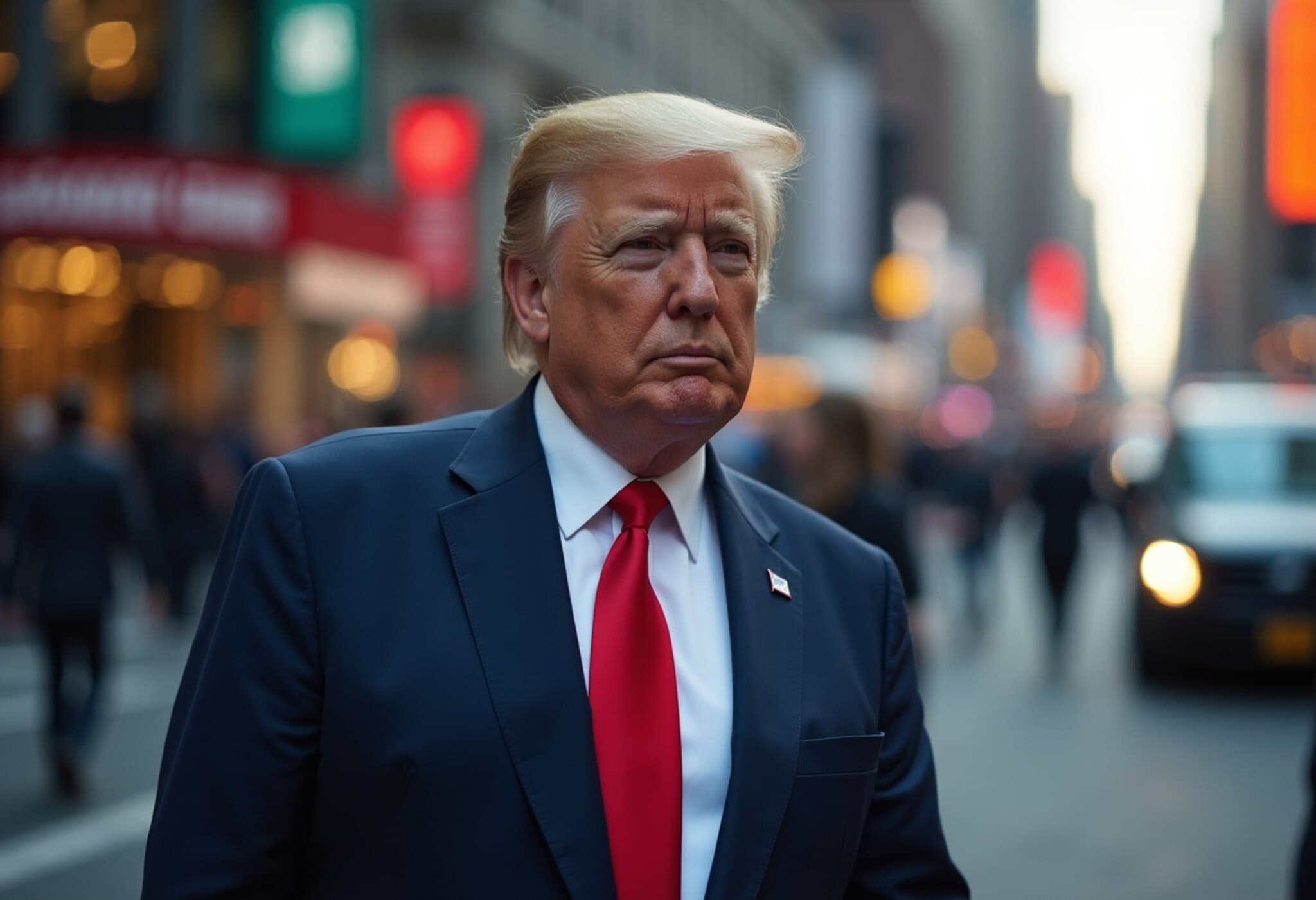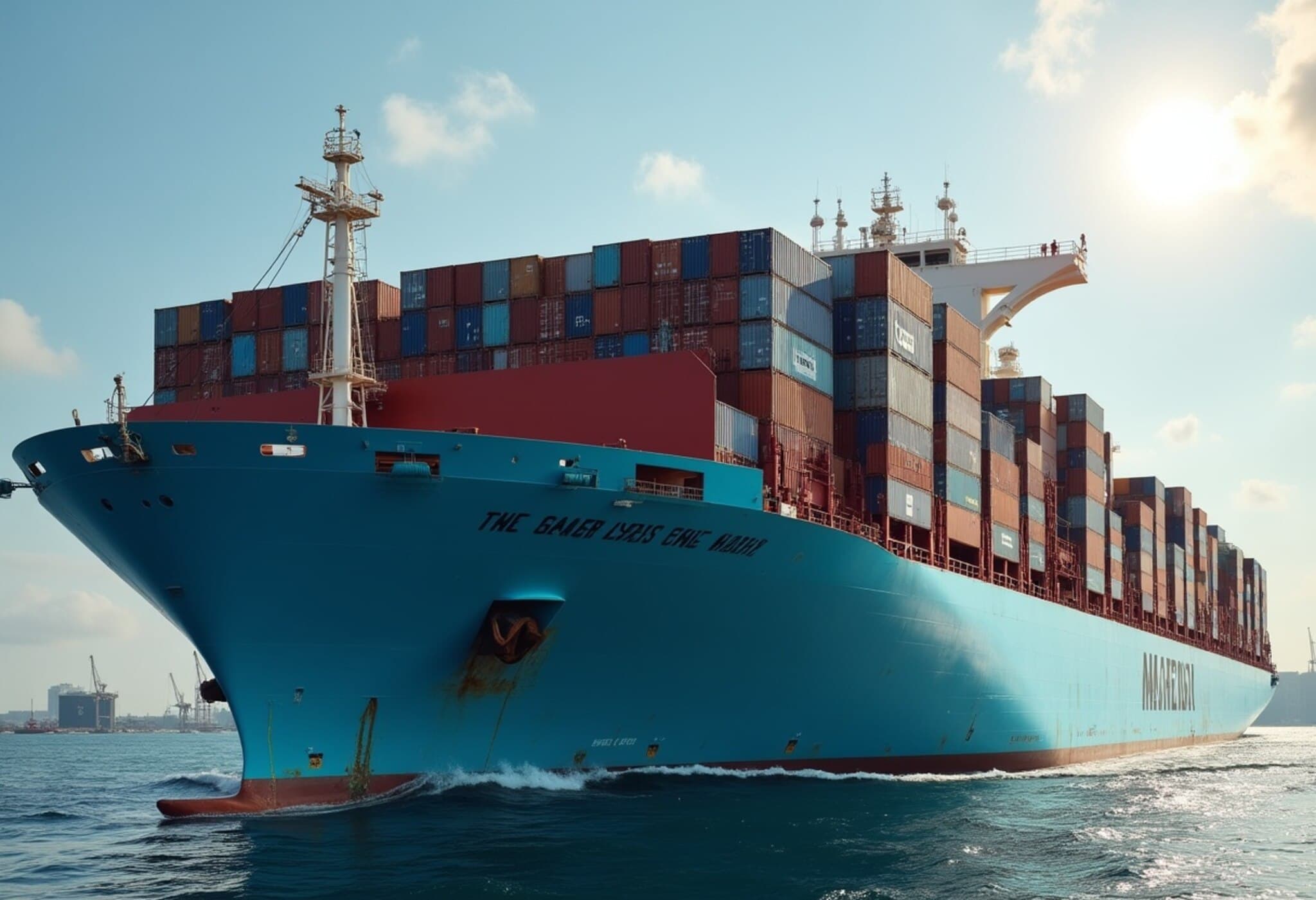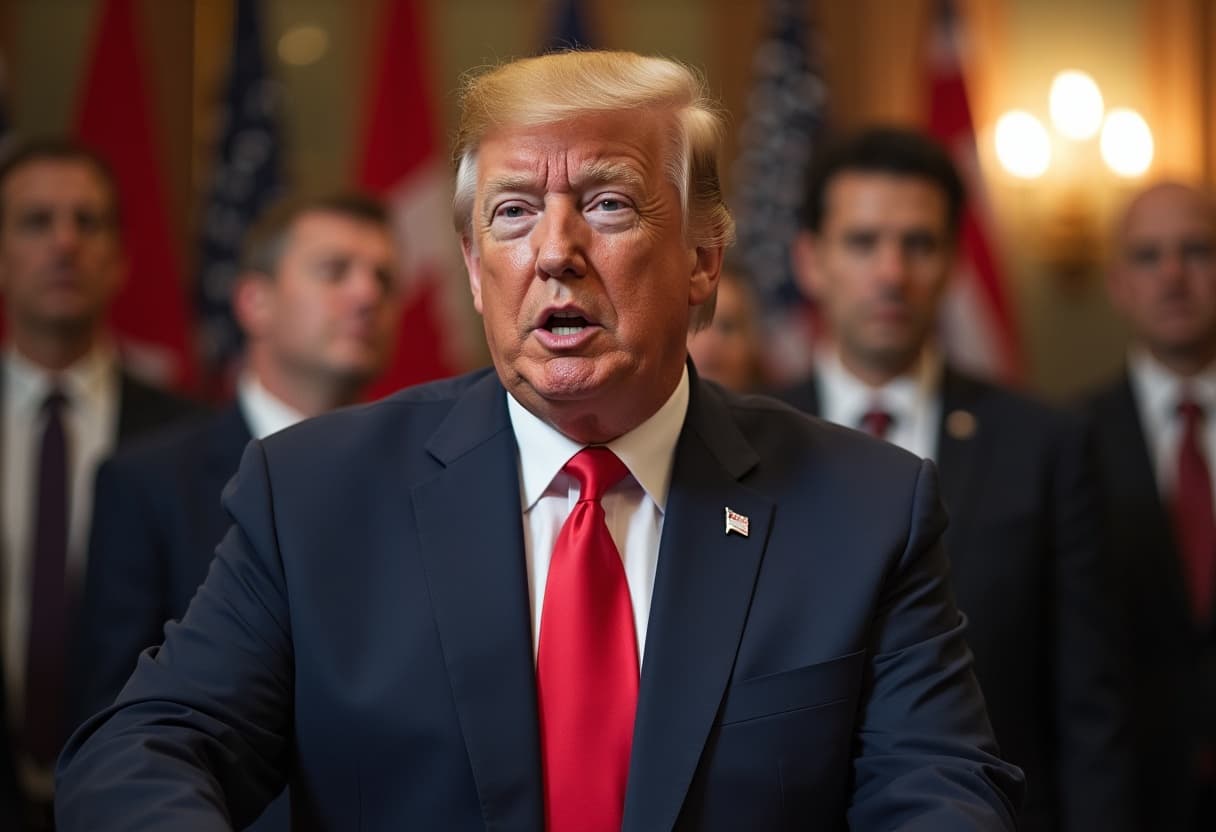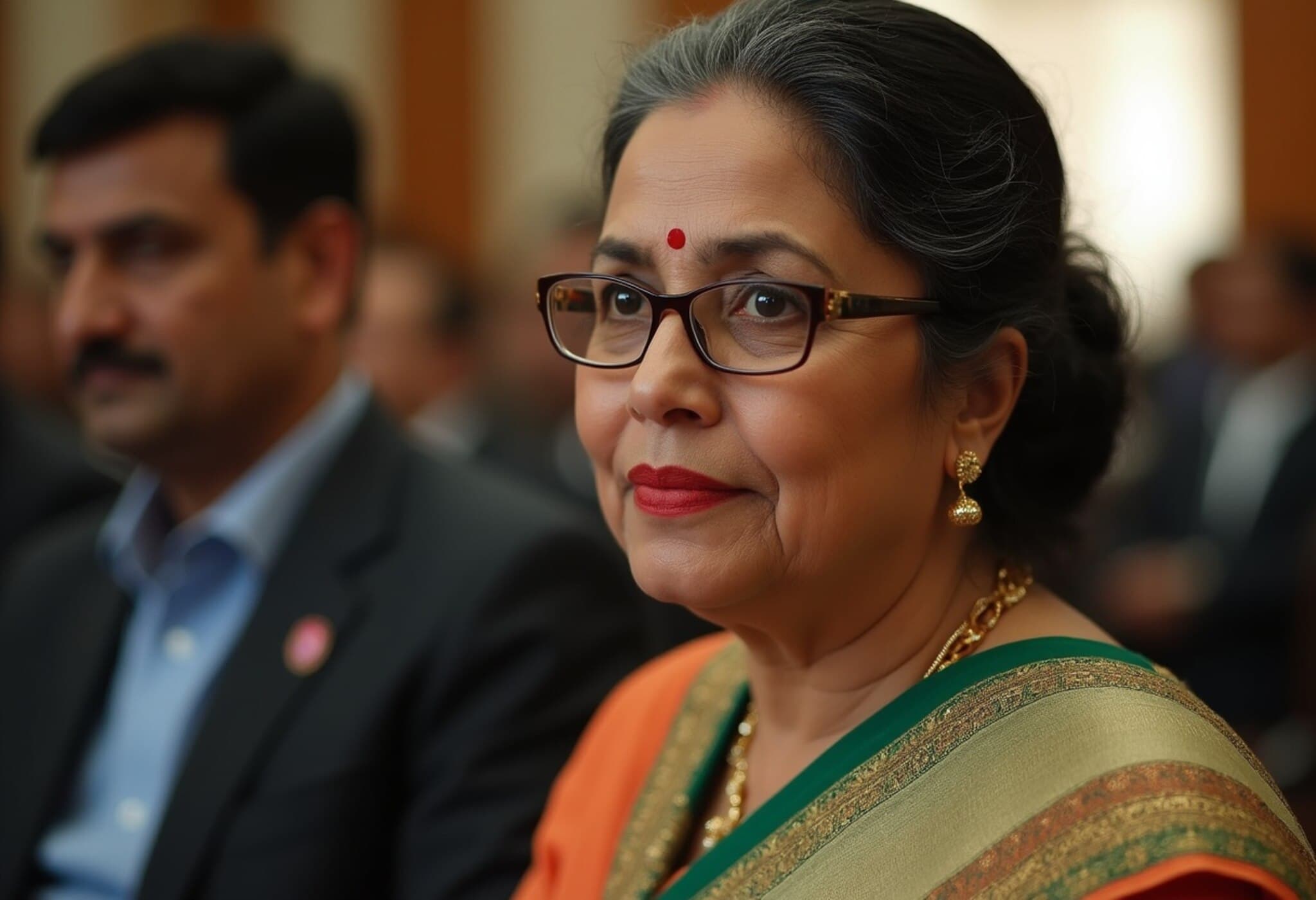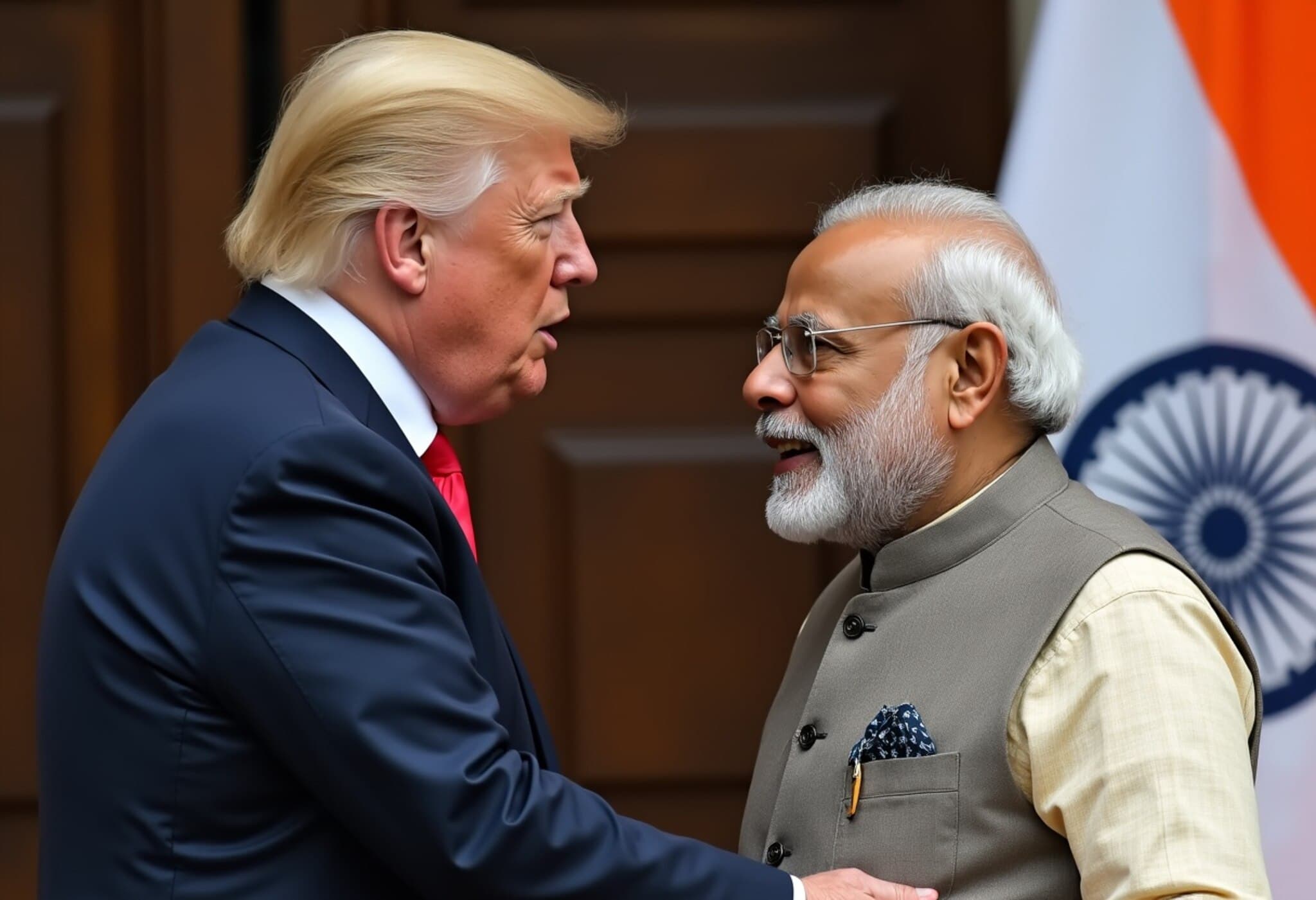Brazil’s Lula Fires Back at Trump: World Rejects ‘Emperor’ Role
During the closing moments of the 17th annual BRICS summit held in Rio de Janeiro on July 7, 2025, Brazilian President Luiz Inácio Lula da Silva delivered a pointed message aimed squarely at former U.S. President Donald Trump. Responding to Trump’s recent threat of imposing retaliatory tariffs on BRICS nations, Lula emphatically stated, “The world has changed. We don’t want an emperor.”
Rising Tensions Between BRICS and the U.S.
This dramatic exchange underscores a growing rift in global economic diplomacy. On July 6, the Trump administration announced plans to finalize multiple trade deals ahead of a July 9 deadline, simultaneously hinting at the potential imposition of significant tariffs on BRICS countries. Although these tariffs are not set to be immediately enforced, sources say the administration is prepared to act if nations adopt what it deems “anti-American” trade policies.
Lula’s Vision for a New Global Trade Architecture
Standing before the press at the Rio summit’s conclusion, Lula expanded upon his vision for reimagining global trade. Criticizing the longstanding dominance of the U.S. dollar in international transactions, he said, “The world needs to find a way that our trade relations don’t have to pass through the dollar.” Recognizing the complexity of this shift, Lula emphasized the need for responsible, stepwise coordination between central banks around the world, describing it as a gradual but necessary transition.
BRICS’ Nuanced Responses to U.S. Pressure
Other BRICS leaders echoed Lula’s resistance to the U.S. tariff threats, albeit in more measured tones. South African President Cyril Ramaphosa highlighted BRICS’ cooperative, non-competitive stance, expressing confidence in ongoing U.S. trade negotiations. Chinese Foreign Ministry spokesperson Mao Ning condemned the use of tariffs as coercive tools, reaffirming BRICS’ commitment to “win-win cooperation” rather than confrontation.
Meanwhile, a Kremlin representative asserted that Russia’s engagement in BRICS is rooted in a “common world view” and explicitly denied any antagonistic intent toward third countries. India took a more reserved posture, with no immediate official response to Trump’s threats reported.
Economic Realities and Strategic Balancing Acts
Despite their vocal opposition to U.S. pressures, many BRICS members remain economically entwined with American markets. Indonesia’s senior economic minister Airlangga Hartarto, attending the summit, indicated plans to continue tariff discussions with the U.S., underscoring pragmatic engagement despite geopolitical tensions. Malaysia, another partner nation recently subject to punitive tariffs (later suspended), reiterated its independent economic policy stance, signaling a careful navigation between ideological affiliations and economic necessity.
Expert Insight: The Dollar’s Waning Monopoly?
Economists and policy analysts view Lula’s call for alternatives to the dollar as reflective of a broader push by emerging economies to mitigate U.S. financial hegemony. According to Dr. Emily Chen, a trade policy expert at the Brookings Institution, “While the dollar remains the linchpin of global trade and finance, the combination of geopolitical friction and digital currency innovation is accelerating diversification.” She adds, “Efforts like BRICS exploring new currency mechanisms or more local trade settlements could reshape the international financial architecture over the next decade.”
The U.S. Perspective: Strategic Leverage vs. Global Collaboration
From Washington’s standpoint, the threat of tariffs serves as leverage aimed at safeguarding American economic interests against perceived unfair practices. However, critics warn that such measures risk alienating important trading partners and might accelerate a fragmentation of the current global financial system. The dilemma for U.S. policymakers lies in balancing assertive trade defense with the ramifications of pushing allies and rivals alike toward alternative economic blocs.
Looking Ahead: Questions for Global Trade’s Future
- Will BRICS be able to develop viable alternatives to the dollar without triggering destabilizing economic fallout?
- Can U.S. trade policy evolve to accommodate emerging powers without resorting to punitive tariffs?
- How will these tensions influence smaller economies that depend heavily on trade with both the U.S. and BRICS nations?
- Will this evolving dynamic herald a multipolar global economy, and what might that mean for international cooperation on pressing issues like climate change and security?
Editor’s Note
The simply stated yet profound remarks by President Lula at this year’s BRICS summit peel back the layers of an ongoing transformation in international trade relations. Beyond tariff threats and accusations lies a pivotal moment where emerging nations are increasingly asserting autonomy and envisioning a post-dollar world. Observers must watch closely as this tug-of-war unfolds—not just for its economic consequences but for its broader implications in reshaping the global order and diplomatic balance.

